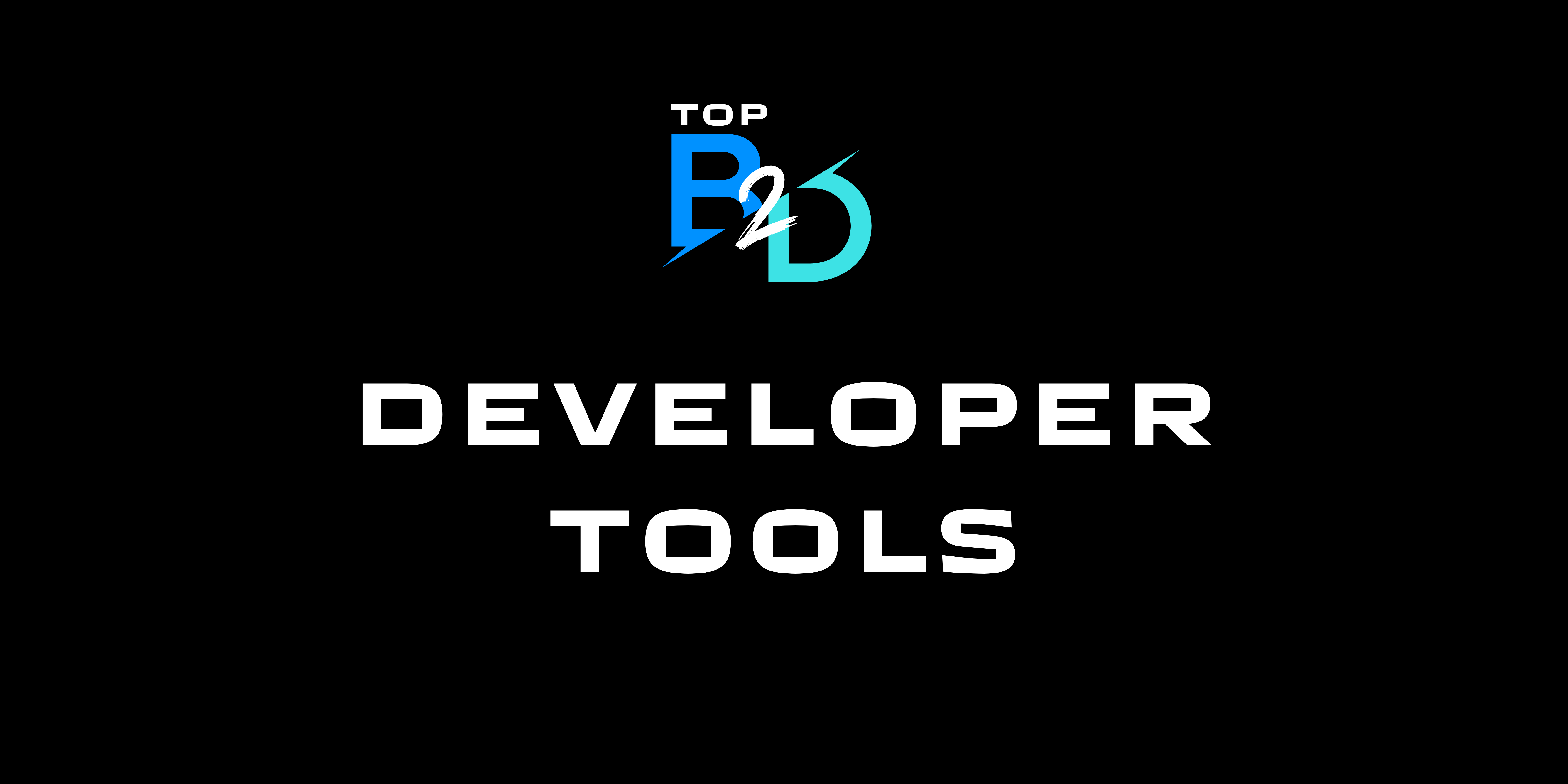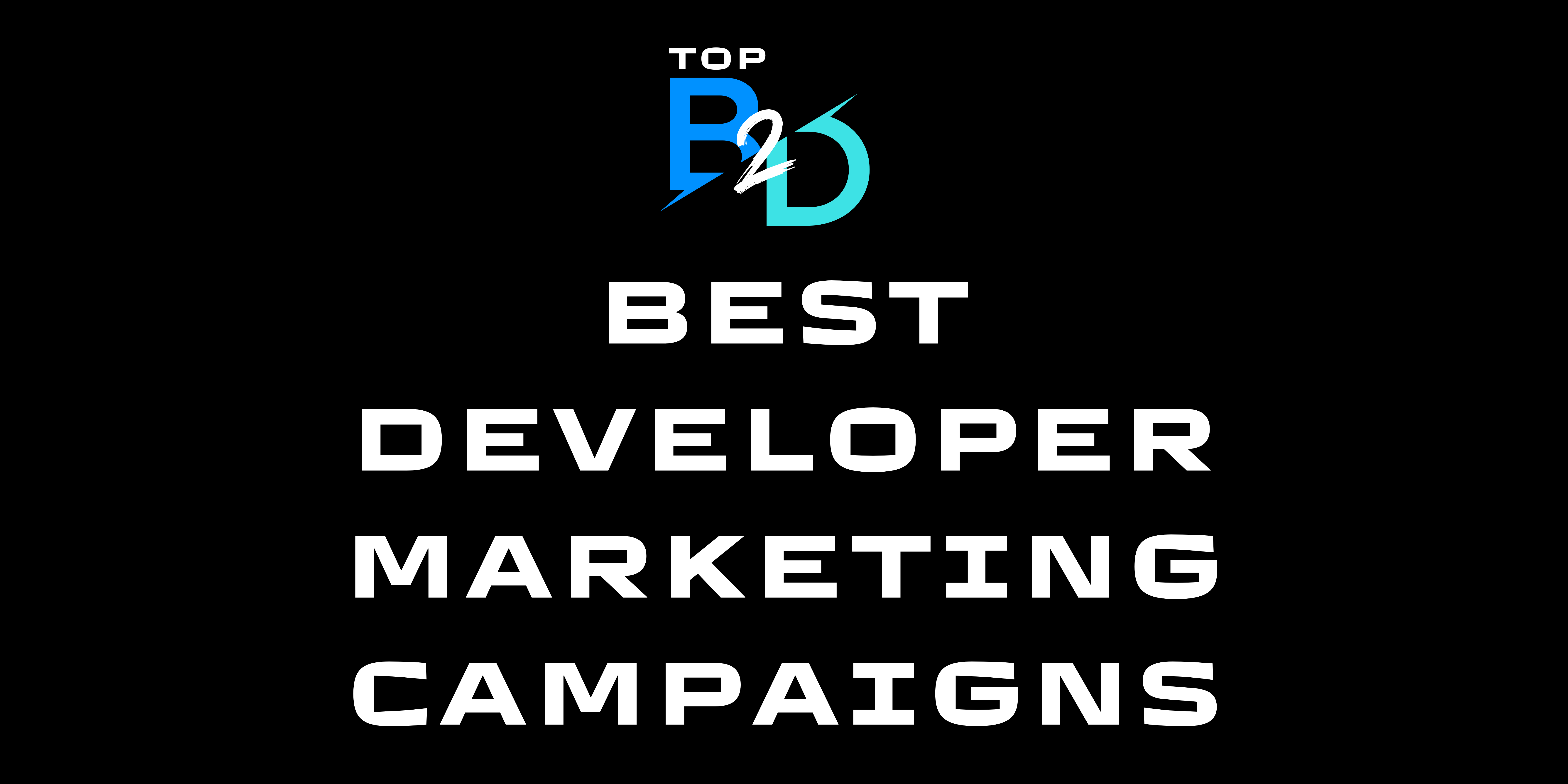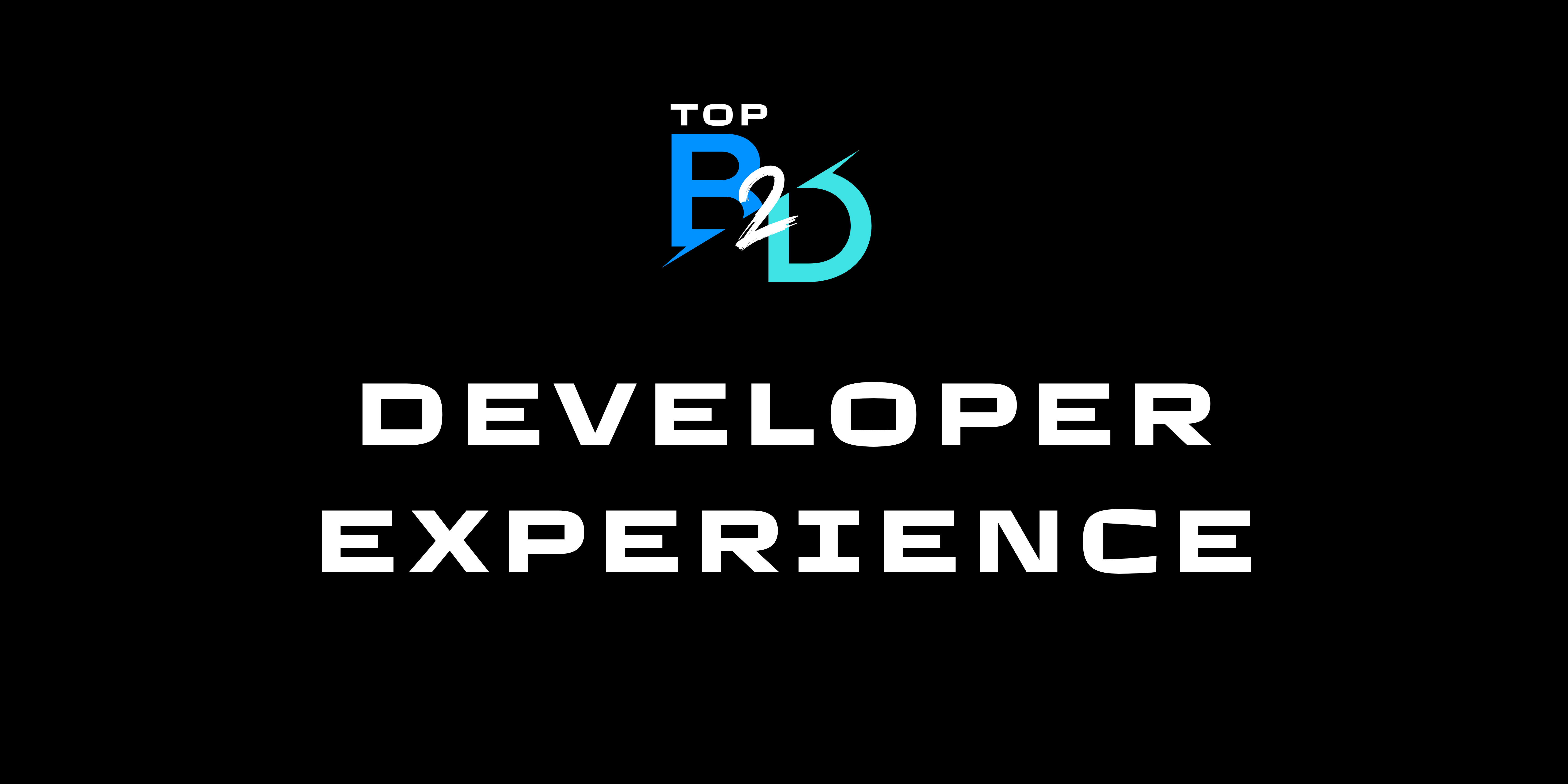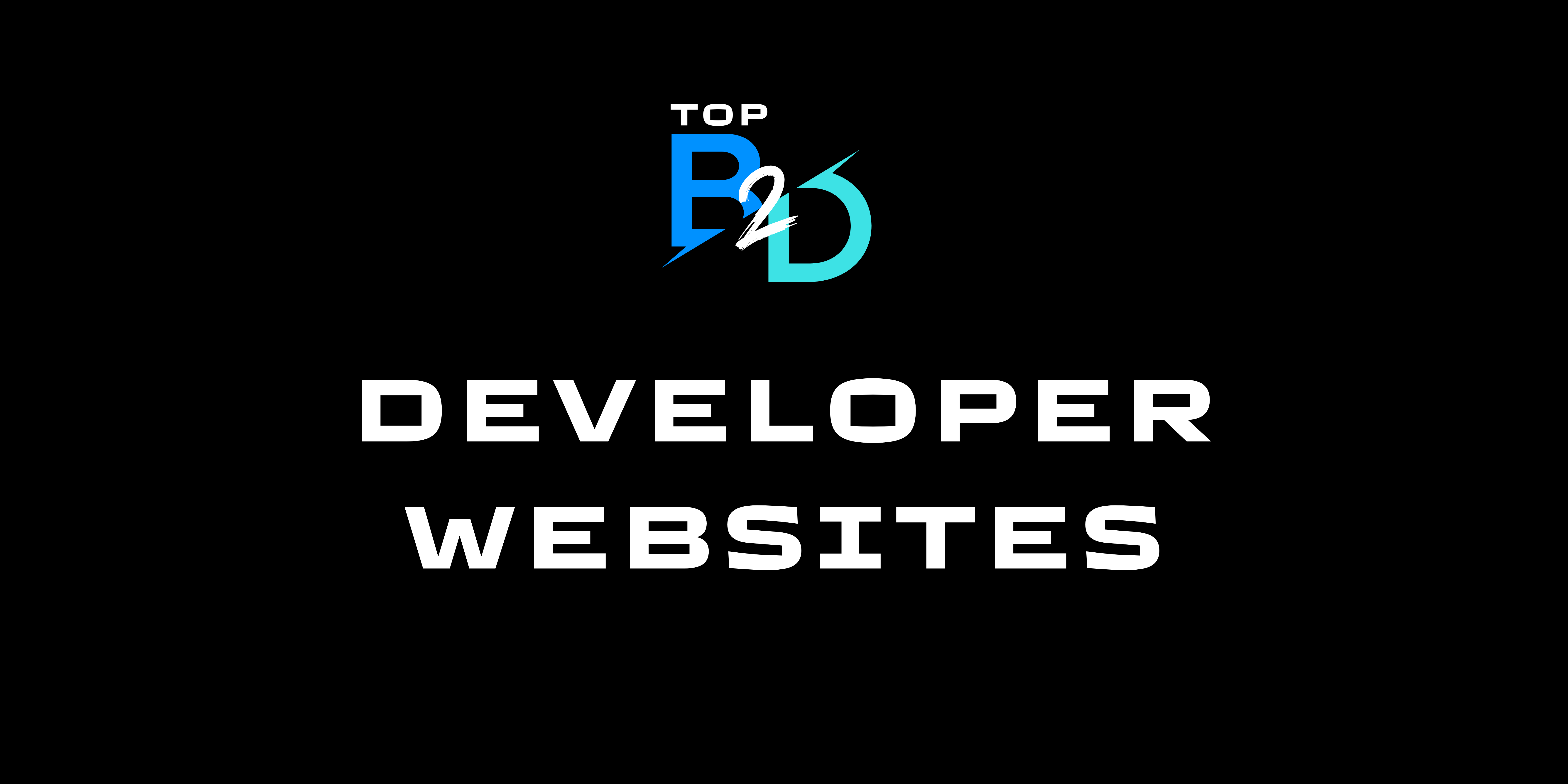Understanding the Basics: What are Developer Tools?
The term Developer Tools generally refers to a set of software applications that programmers use to create, debug, maintain, or otherwise support other programs and applications. These fantastic tools are a necessity in the tech industry, especially when it concerns efficient development and testing processes. They assist software developers in creating innovative and high-quality software within a reduced time frame.
Importance of Developer Tools
For any business that aims to market and sell to software developers, understanding these tools is indispensable. Knowledge of Developer Tools will help you construct a potential solution that fits well with their workflows. Recognizing what each tool is capable of can also aid in distinguishing the advancements in software development, thus enabling your firm to stay updated with the current trends.
Types of Developer Tools
- Integrated Development Environments (IDEs): These tools offer a comprehensive set of features for software development. It includes a source editor, build automation tools, and a debugger. Examples include Eclipse, Visual Studio, and NetBeans.
- Version Control Systems (VCS): These tools assist in tracking and managing changes to a software project’s source code. Examples are Git, Mercurial, and Subversion.
- APIs and Libraries: These are reusable modules of code that developers incorporate into their programs. These can vary widely in function, from GUI design to data management.
Understanding these different types of developer tools, along with how and when they’re used, can provide significant insights into a developer’s needs.
Developer Tools Enhances Efficiency
It’s also worth noting that these tools remarkably enhance the efficiency of a programmer’s workflow. They simplify many complex tasks, eliminate the need for redundant work, enhance collaboration, and even help developers catch and correct bugs before they become problematic. By illustrating how your solution can integrate or simplify the use of these tools, you can prove your worth to a software developer and stand out in a competitive market.
The Market for Developer Tools: Who are Your Potential Buyers?
In the ever-evolving realm of programming and development, the demand for efficient and innovative developer tools is steadily on the rise. To tap into this potential market, it’s important to understand who your potential buyers are. This group is not as homogenous as one might think; it comprises multiple subsets, including independent developers, software development agencies, startups, and even large-scale, well-established corporations.
Independent Developers
Independent developers represent one of the largest segments in the market. These professionals are continuously in search of tools that can streamline their coding process and enhance their ability to deliver high-quality applications swiftly. Offering tools that can facilitate code testing or assist in the design and structural aspects of software development can be greatly beneficial to this demographic.
Software Development Agencies and Startups
Next in line are the development agencies and startups. These organizations require developer tools that can facilitate collaboration, project management, and code versioning. Providing solutions that aid in these areas, such as collaborative coding platforms, API integrations, and project management software, can secure a significant market share within this segment.
Larger Corporations
Last but not least, corporates with their own software development teams are viable potential buyers. These entities value premium tools that are robust, support multiple languages, and integrate seamlessly with their existing systems. Moreover, they often need tools with advanced security features to protect their intellectual property. Catering to this market segment calls for a keen understanding of the enterprise needs and the ability to deliver high-quality, trustworthy, and reliable tools.
How to Price Your Developer Tools?
Determining how to price your developer tools is a critical step that can significantly impact your sales and overall success. By implementing a well-thought-out pricing strategy, you can effectively reach your target market of software developers and generate steady revenues. In this article, we’ll explore some key factors to consider in pricing your developer tools.
Understand Your Market’s Spending Habits
Firstly, it’s crucial to understand your target market’s spending habits. Developers typically have a budget set aside for purchasing tools that can streamline their processes and improve efficiency. Depending on the specific needs and financial capacities of your market, you may consider a lower price point to attract more customers, or a higher price for premium, specialized tools.
Analyze Competitor Pricing
An important step is to analyze your competitors and their pricing schemes. This doesn’t mean you should merely copy their structure, but it suggests learning the value proposition other tools are offering for their price. This analysis can give you an idea of the acceptable price range for your type of product.
Offer Multiple Pricing Options
Lastly, consider offering multiple pricing strategies that cater to a variety of developers. Freemium versions, tiered pricing, or offering your tools on a subscription basis can be effective. This can not only make your tools accessible to a wider range of developers, but also possibly lead to higher revenue as customers may upgrade or add on services in the future.
Marketing Strategies for Selling Developer Tools
In the rapidly progressing world of software development, it’s crucial to comprehend the effective marketing strategies for selling developer tools. This requires a profound understanding of developers’ specific needs and wants. Tools must not only serve their intended purpose but must be approachable and valuable to users. Highlighting these attributes forms a basis for your marketing strategies.
Understanding Your Market
To effectively market your developer tools, you need to gain a deep understanding of your potential users—software developers. It’s essential to recognize what attracts them to a particular tool, what aspects enhance their coding experience, and engage them long-term. With this targeted knowledge, you can tailor your marketing message to highlight these benefits, addressing your audience’s needs directly. This form of targeted marketing not only attracts potential customers but also fosters customer loyalty.
Offering Valuable Content and Resources
In addition to understanding your audience, providing actionable, relevant content is a surefire way of selling developer tools. This could range from informative blogs, tutorials, or even demo videos. Crucial content includes specific examples of how your tool can save time, improve efficiency, or offer a unique feature. Ensuring your content adds value to the developer’s coding experience paves the way for successful marketing.
Engagement and Feedback
Engagement is key in marketing developer tools. Creating a community where users can share their experiences can strengthen your brand’s presence. Engage with users via forums, social media platforms, or in-person events. Also, take into account the feedback received from developers. Their insights can help fine-tune your product and marketing strategy, making a significant difference in the effectiveness of your efforts.
Boosting Sales through Effective Communication
When it comes to selling to software developers, it’s critically important to engage in effective communication. Typically, developers appreciate straightforward, technical, and honest discussions. This means sales pitches devoid of unneeded fluff and marketing jargon. Understand their objectives, their work, and the complexities they face every day. Speak their language and see an increase in interest and engagement, paving the way to boost sales.
Understand Software Developers
Learning about who software developers are and what’s important to them can significantly influence your approach. Developers work in a complex field of technical challenges that require creative and flexible solutions. Recognize that their priorities might diverge from those of an average consumer. Use their language, understand their work and see how your product or service can seamlessly fit into their reality.
Effective Communication Strategies
- Respect their technical expertise: Instead of flashy marketing language, focus on the technology aspects that you are selling. Be prepared for deep, technical questions and ensure you or someone on your team is equipped to answer them.
- Transparency is key: Developers value transparency in business. Be clear and honest about your product’s strengths and weaknesses. Subterfuge and false claims can harm your reputation and dissuade future sales.
- Straightforwardness: Keep your messages succinct and clear. Don’t overcomplicate your proposition. Keep it simple, and remain open for questions and discussions.
By applying these strategies, you can communicate more effectively with software developers. This will enhance their trust in your product and promote greater sales. Remember, the key to greater sales lies in understanding your audience and providing clear, truthful, and relevant messages.
Understanding How to Improve and Maintain Your Sales
Selling to software developers can be a challenging task due to their unique needs and expertise. It’s not just about having a great product, but understanding their necessities, the software development industry and strategies on how to approach them.
Know Your Target Audience
Firstly, understanding your target audience—software developers—is crucial. Get familiar with their specific needs, pain points, challenges and wants. Developers are eager for products that can improve their workflow, reduce inefficiencies and simplify complex tasks. They don’t just buy into products, they buy into solutions. Tailoring your solutions to meet these needs is a key way to improve your sales.
Communication is Key
Another area to focus on to uphold sales is your communication strategy. Make your product relatable by translating the technical characteristics into benefits and solutions for the developers. The communication should not only convey the merits of your product but also establish a bond of trust.
Provide Exceptional Service
Providing exceptional service both before and after the sale can also help maintain and even improve sales figures. This goes beyond just making the sale. From quick responses to inquiries, providing comprehensive support material to dealing with issues swiftly—every interaction affects their decision to continue doing business with you or refer others. Superior customer service can end up being a major differentiator in the crowded tech marketplace.
Continual Improvement
Lastly, always look for ways to improve your product based on feedback and trends in the industry. The technology industry is extremely dynamic and resting on your laurels can result in decreased market share. Continual improvement keeps you competitive and attractive to software developers who are always seeking the latest and best solutions.
